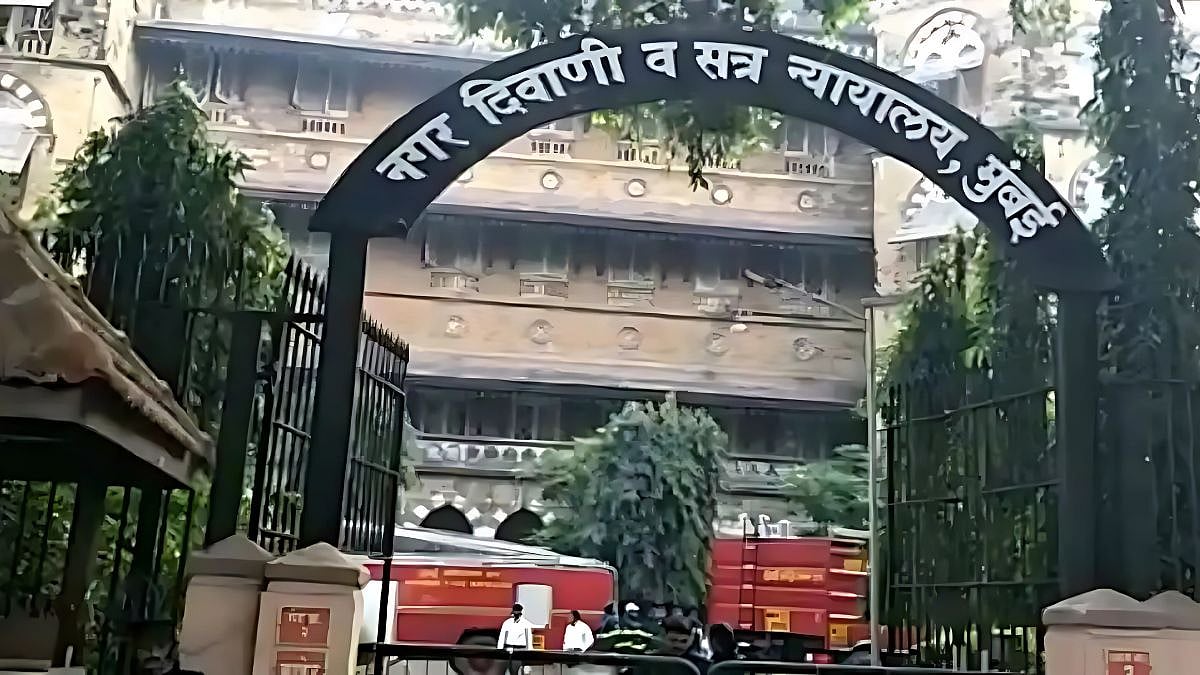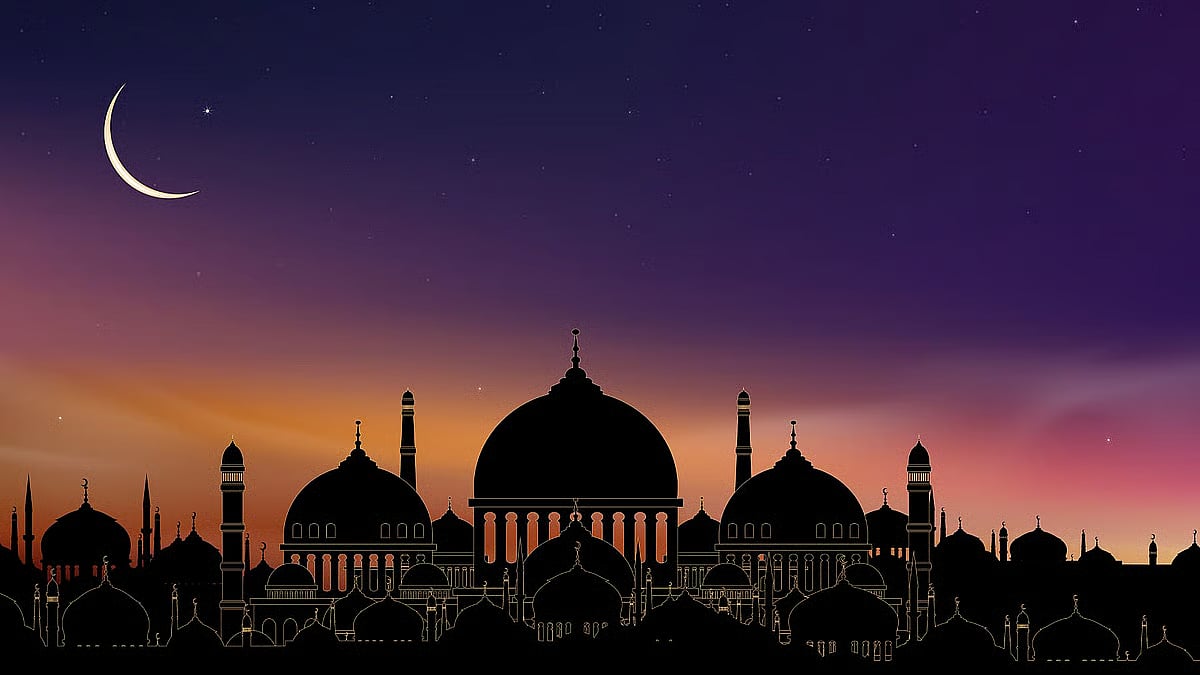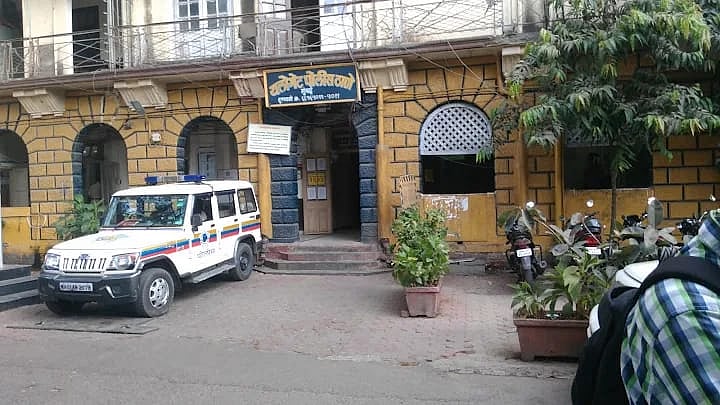Last week on Friday, we genuinely celebrated when our farmers got the state chief minister to accede to their demands, thus averting another long march from Nashik to Mumbai and another lambasting from the press and the public for the government.
There was much less publicity, however, over the culmination of another, much longer march. This one had lasted over two months, with the marchers having jointly covered thousands of kilometers to converge upon New Delhi’s Ramlila Grounds. An estimated 5,000 women, all survivors of sexual assault, many accompanied by male relatives and children, made it to the final destination. But along the way, they had received support from thousands of other survivors in the form of accommodation, donations and encouragement.
They had walked, rode in on buses and trains, these brave women, coming from 24 states to tell their stories. Thanks to the Rashtriya Garima Abhiyan which organized the Dignity March, most of these women were speaking out about sexual abuse and violence for the first time. Their stories made a huge impact, reminding us once again that the bravest and most astounding tales are being scripted by the most vulnerable and marginalized women among us. Tribals, Dalits, those with little education in grimly patriarchal societies, women assaulted when they went outside the home to defecate or do some shopping or just to get some air.
I may have missed coverage on television, or maybe it wasn’t even there in newsrooms “debating” the state of the nation – meaning the status of the particular party they were backing or the excitement of going to war. . I was ashamed to think I had been unaware that such a huge event had kicked off in Mumbai, where I live, on December 20, and that I had picked it up only on its culmination.
Yet Bhanwari Devi was there, a woman raped by five upper caste men in her village in Rajasthan in 1992, only because she tried to stop a child marriage. That was one of her jobs as a ‘sathin’ in Rajasthan’s Women’s Development Programme, so she tried her best. The wedding, of a nine month old baby, went ahead anyway, but Bhanwari Devi paid the price. Because of her we got the Vishakha Guidelines. Because of the judge, her attackers were acquitted. The case is now in appeal in the Supreme Court. She has been given some assistance (pitiable) by the state government, has won awards, but it is justice she is still fiercely after.
On the day, the march culminated, Pulwama was still very much in the news and the shrieking in media was mostly demands to go to war. Who would even listen to a crowd of 5,000 women congregated to share the most traumatic experience in their lives? Yet they soldier on, determined to be masters of their own fate, fighting the high winds of indifference, patriarchy, and male malice.
Recently, I came across an article on an Indian website citing comparative analysis of trauma data from India and the United States carried in the prestigious British Medical Journal.
The study of trauma data from four hospitals in Mumbai, Delhi and Kolkata, and three hospitals in Pittsburgh, between 2013 – 2015, found that women in India are nearly 40 times more likely to die after being assaulted than their female counterparts in the US. This disparity in figures was described by researchers as “unparalleled”.
There are reasons for this. Only one in four survivors of rape reports the crime, especially when a family member is involved. Hospital services for women who have been raped are either negligible or non-existent. Women from the lower income strata seldom have access to such services. If they do have access, often they cannot afford the treatment.
Just imagine it. If you are raped in India, you are 40 times more likely to die than your counterpart in the US. On its own, this is a mountain to circumvent. For the women at Ramlila Maidan, this factor is just one more thing they must battle in the dogged pursuit of an often elusive justice.




